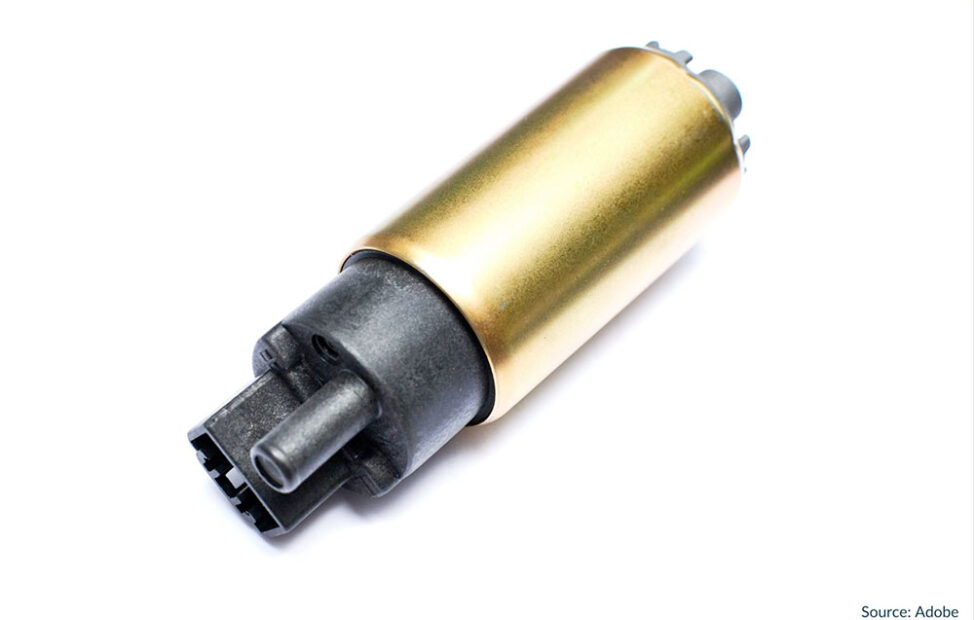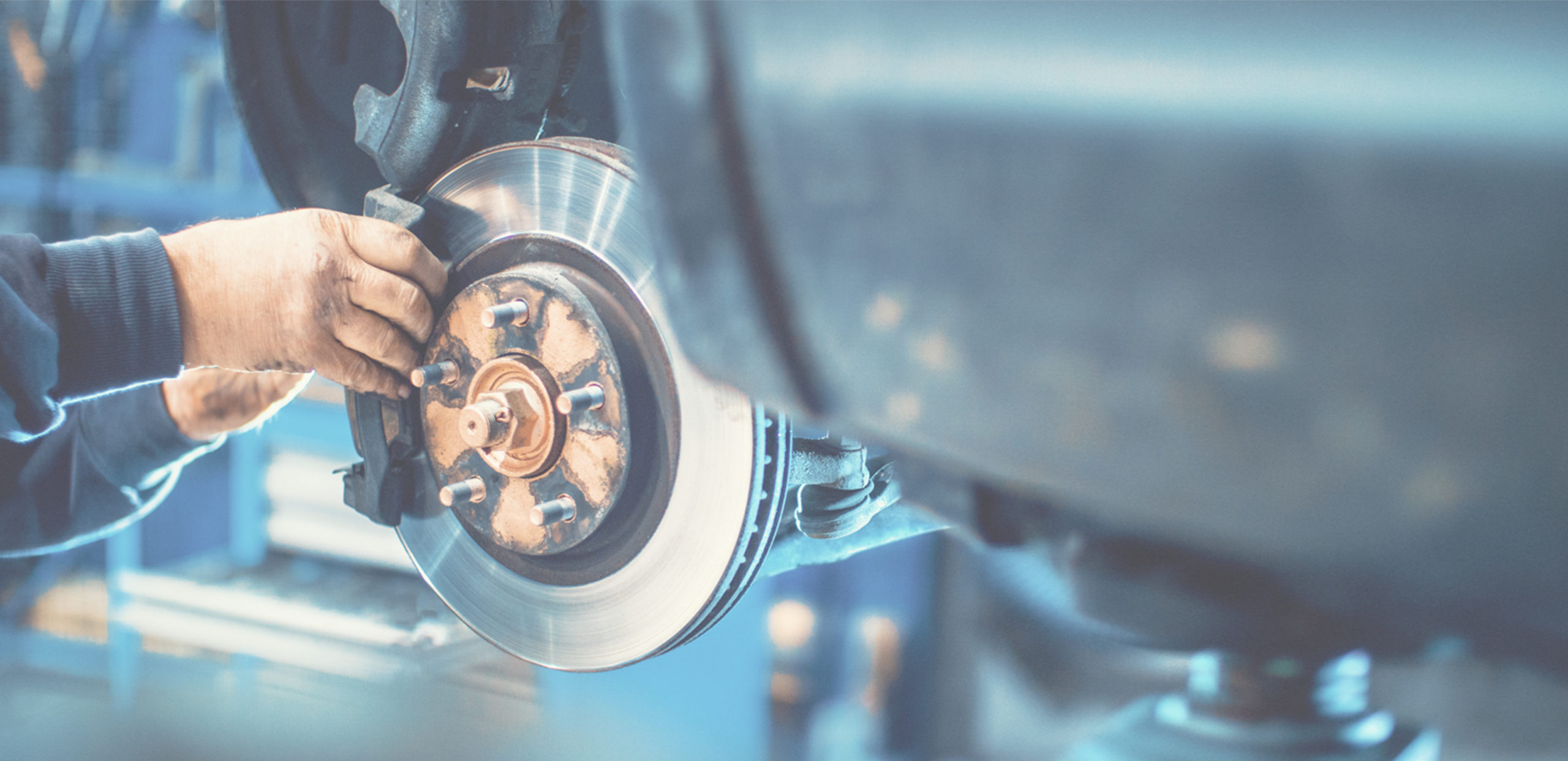Our recent victory in a Honda Pilot lemon law case revealed Honda’s failure to handle basic lemon law buyback requests. As our client’s case revealed, Honda’s failure to create a coherent, written policy for lemon law buyback requests or give our client adequate repairs has resulted in Honda having to pay far more to our client than a regular buyback would have cost.
This is how our clients Carlos Ayala Perez and Francisco Alcantar Vargas, represented by David Monroe and Deepak Devabose were awarded $185,463.36 for Honda’s willful violation of the California Lemon Law.
By failing to have a basic written policy for repurchasing defective vehicles, Honda failed its “affirmative duty” under the California Lemon Law. Under the California Lemon Law, it is the manufacturer’s responsibility to repurchase or replace defective vehicles that they sold to California consumers. This is neither the first nor the last time Honda has failed its consumers regarding lemon law buybacks.
Honda Pilot Timeline Of Vehicle Defects
In October 2019, Perez and Vargas purchased the 2020 Honda Pilot. Within four months, Perez reported loud popping noises from the vehicle, even when the vehicle was shut off. The Honda Pilot later experienced the following issues:
- The infotainment system blanked out.
- The image provided by the rearview backup camera could not be accessed.
- The air conditioning system malfunctioned.
- The engine’s RPMs fluctuated unexpectedly.
- The vehicle would randomly be unable to accelerate beyond 40 or 50 miles per hour.
Four years later, Honda issued a safety recall, which attributes vehicle stalling and acceleration issues to a fuel pump failure. Interim recall notices were mailed to affected owners beginning February 5, 2024, but recall parts would not be available for quite some time at this point.
Honda Pilot Lemon Law Case: How We Won
Under the California Lemon Law, a vehicle is considered a lemon if it is not repaired by an authorized dealership or repair facility within a reasonable number of repair attempts. While the idea of “reasonable” depends on the facts of your lemon law claim, parts of the California Lemon Law offer a benchmark.
Our Honda lemon law attorneys won the case for our client by making three key arguments.
To start, Honda could not fix the vehicle’s speakers’ popping noises even after 10 visits to the dealership for repairs. Even then, the Honda Pilot’s acceleration issues continued well into our lawsuit.
Secondly, Honda failed to conduct a basic lemon law buyback analysis after our client experienced ongoing vehicle defects. Our client tried to request a vehicle repurchase by calling a customer service number. However, our client could only speak to a representative from a call center department, who gave him incorrect information about the buyback process.
Thirdly, the Honda Denso fuel pump recall was issued well into four years of our client’s ownership of the vehicle. The recall states that vehicle stalling issues arise when an improperly molded fuel pump impeller causes the fuel pump to fail. On top of that, Honda experienced a shortage of replacement parts, making it unable to provide important safety repairs or sell the affected vehicles currently in stock. This is one of several ways that recalls can affect lemon law cases.
This meant our client could not have his vehicle stalling issues addressed quickly enough. We argued that no one – especially our client – should have to wait that long for repairs for important safety issues. We also argued that “no problem found” is not a valid excuse to ignore our client’s repeated concerns.
If a vehicle is defective and cannot be repaired, auto manufacturers and distributors have to take the owner’s lemon law buyback requests seriously and repurchase the vehicle. At the very least, an auto manufacturer should have a proper policy to handle these basic requests.
How Lemon Law Penalties Work
After we fought a hard fight on behalf of our client, Honda had to pay $65,463.36 in actual damages and $120,000 in civil penalties.
In a typical lemon law case, an auto manufacturer may be on the hook for damages equivalent to the total amount paid or payable for the vehicle, minus a “mileage offset.” The mileage offset is based on the number of miles you were able to drive before you suspected that your vehicle was a lemon. The manufacturer may also compensate you for fees you had to pay (such as sales tax, license fees and/or registration fees) as part of your vehicle purchase, as well as incidental damages such as out-of-pocket repair costs, towing costs and rental costs you paid for. While each lemon law case is unique, this is how actual damages are typically handled.
When a manufacturer has “willfully violated” the California Lemon Law, it may also be on the hook for “civil penalties.” These civil penalties can be up to twice the amount of actual damages. Proving willful violation is how we have allowed many of our clients to walk away from a lemon law case with up to three times their vehicle’s initial purchase price.
Contact Lemon Law Help Today
If your Honda vehicle has shown recurring issues that your local dealership or repair facility cannot seem to fix, your vehicle may be a lemon. Our Honda lemon law attorneys have won thousands of lemon law cases in California and helped consumers get much needed restitution for their defective vehicles. Talk to a Honda lemon law attorney by calling 833-208-8181 or filling out our consultation form below.
Lemon Law Help by Knight Law Group is an automotive lemon law firm that exclusively practices in California. If you are a California resident who purchased or leased a defective vehicle from a licensed dealership in California, we may be able to help you get rid of your potential lemon and recover significant cash compensation. Model year restrictions apply: 2020–Present vehicle models only.
However, we cannot help those who reside outside of California or purchased their vehicle outside of California unless they are active duty members of the Armed Forces, nor will we be able to refer those to a lemon law firm in their states.
To learn more about the California Lemon Law and your legal rights, visit our guide on the California Lemon Law for more information.





